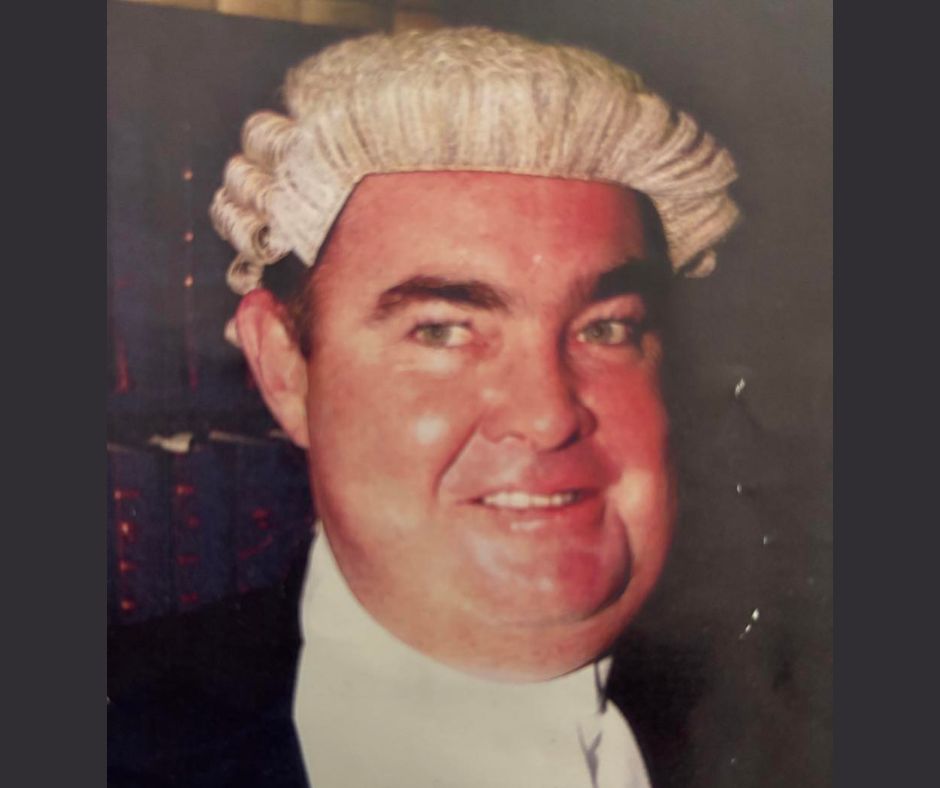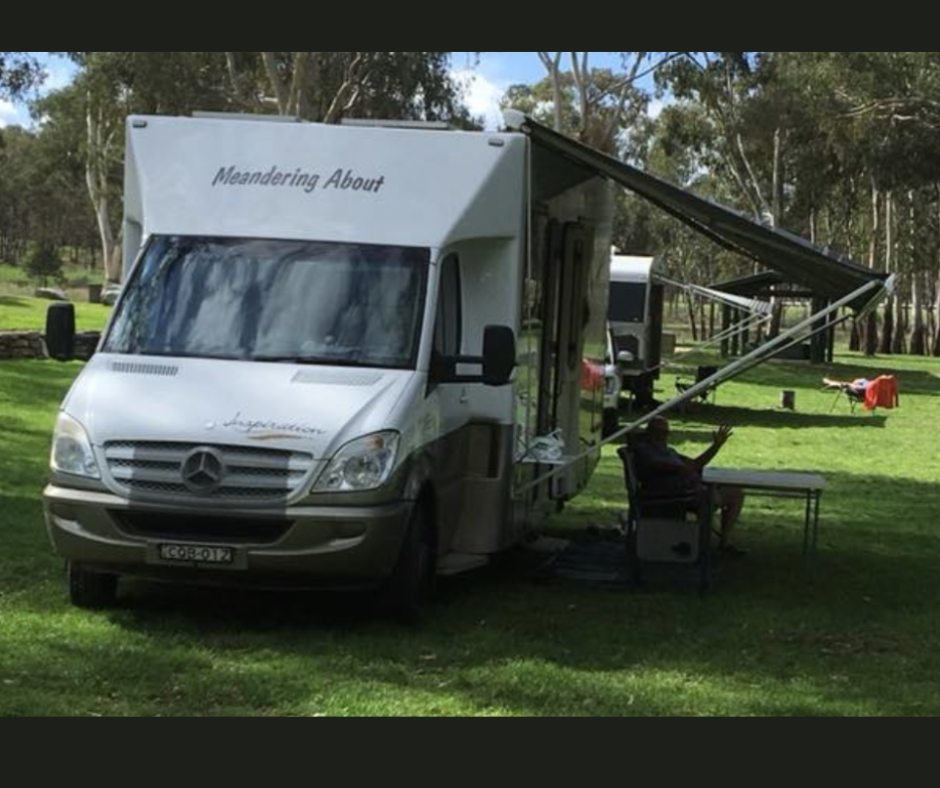Super is arguably the most important part of your financial plan. Before your eyes glaze over, it is not as complicated as you think and making some changes now could add $300,000 or more to your retirement nest egg in the next 20 years.
Super is a government sanctioned tax shelter that allows you and your spouse, to retire with more than $3 million. Without paying tax.
Ignore the compare the pair ads, forget what the barefoot investor wrote, here are the five things you need to know.
Growth versus conservative assets
There are two broad groups of assets. Growth assets and conservative assets. Growth assets include shares and property. These generate high returns (average 10% a year), but are more volatile.
Conservative assets include cash, term deposits, and Government or corporate bonds. These provide lower returns (average 3% a year) but are more stable

It is important to get this right, because for a 40-year-old a 2% lower annual return will reduce the amount you have in super at retirement by more than 20%.
Diversify your investments
While it is important to have a high percentage of growth assets if you want higher returns, it is just as important that you diversify into different asset types, industries, countries, currencies, and stages of growth.
Passive investments
With shares, there are two ways to invest. Passive and active investment. Passive investing is where the fund manager doesn’t try to pick which company will do better than the others, and active investing is where they do. History shows that after fees and taxes, 75% of actively managed investments do not beat their passive investments counterparts.
Fees
The average fees paid through super are around 1%. The fees are made up of a combination of administration fees and investment fees. Don’t confuse the contributions tax or insurance premiums for super fees.
Administration fees range from a flat fee of around $100 per year up to 0.4% of the amount that you have invested.
Investment fees range from 0% through to around 3%, with passive investments having the lowest fees. While we are here, be careful if the investment fee is 0%. There is a catch. Would any fund manager really do their job for nothing?
Contributions
There are two types of contributions.
Concessional contributions are paid from your pre-tax income. You can put in up to $27,500 each year, although this includes your employers’ contributions. The great thing about these, is it is possible to put in more if you didn’t make the maximum contribution in previous years. Check your MyGov account to see if you can make additional concessional contributions.
Non-concessional contributions are when you put money into super after you have paid tax on it. The real benefit of this is when you retire you don’t have to pay any income or capital gains tax. None!!
Summary
To get your super sorted, do the following:
- Check the investment options your super is in. In most cases you will be in the default investment options that could have up to 30% conservative assets. If you are willing to take more risk, move to investment options that have more growth assets
- Make sure your investments are spread across a wide range of different asset types. Think Australian and international shares, emerging markets, and property
- Where possible, select passive investments – this is where you may need to look at a different super fund. If you are moving, make sure you consider your insurance
- Make sure your total fees are around 0.5%
- Contribute as much as you can
I specialise in helping people make the most of their money, and love talking about super. If you want a hand to sort yours out, book a chat via the button below. Alternatively contact us at team@constructwealth.com.au.
About the Author
Phil Harvey is an independent financial adviser. In 2017 Phil set up his company Construct Wealth to help clients best manage their finances so they focus on what is important to them. He is a founding member of the Profession of Independent Financial Advisers.
General Advice Warning
This advice contains general information. It may not be suitable to you because it does not consider your personal circumstances. Phil Harvey and Construct Wealth are authorised representatives of Independent Financial Advisers Australia (AFSL 464629)
See related articles
Making the most of your super contributions
Superannuation is a vital but often underused part of Australia’s retirement system. To encourage people to make the most of their super, there are significant tax advantages [...]
Live your life well
A few weeks ago I was given a blunt reminder on how important it is to make the most of your life and prioritise your health. At [...]
Investing in a volatile market
Continuing to invest when it looks like the market is falling is not easy. Mostly because our inner voice tells us not to buy something when there [...]



